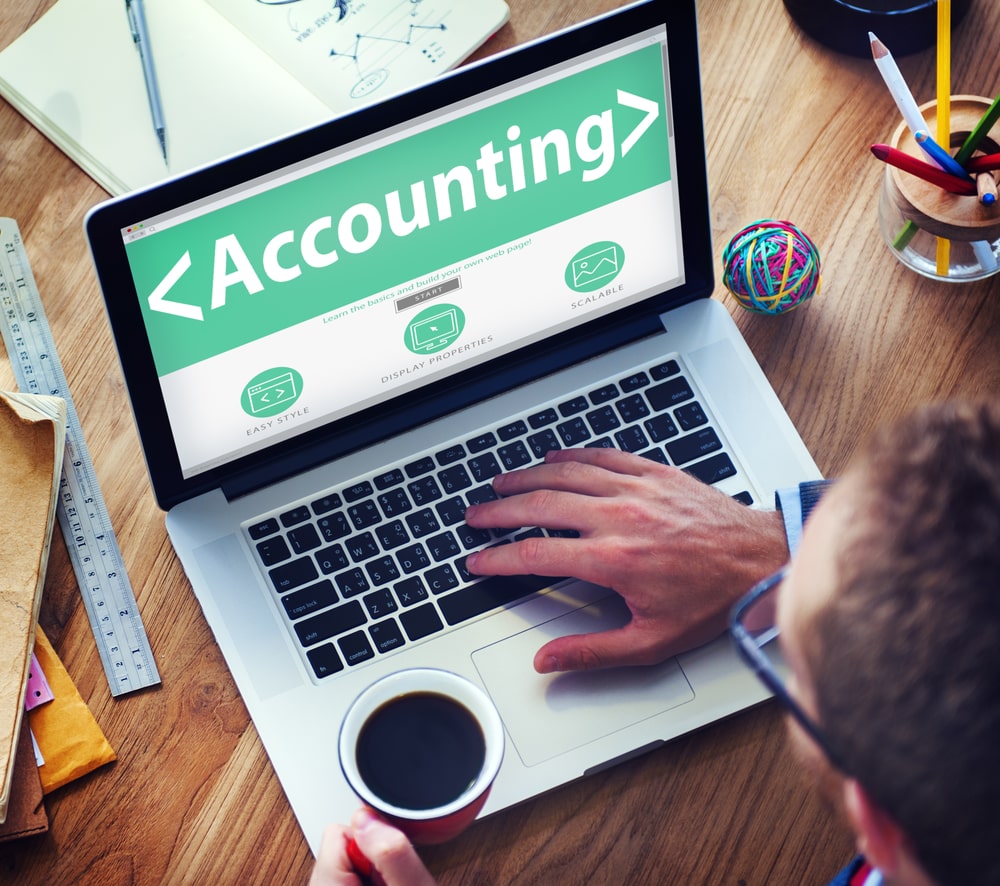
How To Choose the Right Accounting Software
Maintaining your books and managing your finances is essential. Good accounting practice has evolved to become a requirement for all entrepreneurs. However, tracking your assets, liabilities, expenses, and income to ensure a healthy financial status can be complicated in running a business. Thanks to technological advances, accounting software can make the process easy and worthwhile.
Maybe you’re thinking of buying accounting software for the first time. Or even considering switching providers. Regardless, it’s essential to remember that plenty of packages are out there, and they are all not made the same. Choosing the right one may be a tough decision.
This guide will cover essential tips to help you choose accounting software that fits your needs.
Factors to Consider
Features and General Functionality
Begin by first defining your accounting needs and making a list of essential features for a desired software to meet these needs. This is because accounting is broad and certain software companies offer options designed to target specific types of businesses and industries. Therefore, knowing what you need your accounting software to do is the basis of determining what features, tools, functionalities, benefits, and capabilities it should have.
Ease of Use
Most modern accounting software is easy to use. However, some need specific skills and technical know-how to operate. So, if you’re not tech-savvy or proficient at accounting, choosing a user-friendly package designed to make your life easier is wise. The best way to do this is to try out different software demos and examine customer reviews.
Integration
Integration is critical in today’s technology-driven business environment. Even the world’s most sophisticated accounting software won’t do you any good if it doesn’t integrate and work seamlessly with your suite of existing solutions. Picking an application without considering whether it can integrate with solutions such as payroll, sales, and shipping systems, for example, can have serious implications on your business and its ability to run smoothly. In addition, the accounting software should be compatible with your bank.
Data Security
Digitalization or digital transformation has become an inevitable trend in business. It is vital to realizing business efficiency, and quality, eliminating redundancies and several other benefits. But it carries several risks, among them being cybersecurity threats.
Data security should be a priority when using web-based accounting software. Your crucial financial data could be corrupted, deleted, made unreadable, or stolen by malicious entities. So, ensure your provider takes data security seriously and provides measures to protect your data at all times.
Pricing
The cost of accounting software has always been a major deciding factor, especially for small businesses. The cost of accounting software varies, with some freely available for download. As highlighted above, the desired features should inform the price you’re willing to pay for an accounting application and your budget. Also, pay attention to pricing plans and hidden fees. Some applications are sold at a large one-time fee, while others incur monthly fees and additional charges for updates.
Make The Right Choice Today
A key takeaway from this guide is that you shouldn’t rush buying accounting software since purchasing the wrong software can be costly. Finding the perfect application with the correct feature package, functionality, and pricing for your business is challenging. The tips above are an excellent place to start. However, it is in your best interest to seek expert opinion to make an informed decision.
Get in touch with us today or call us at 410-465-4600 for a free consultation.

Sorry, the comment form is closed at this time.